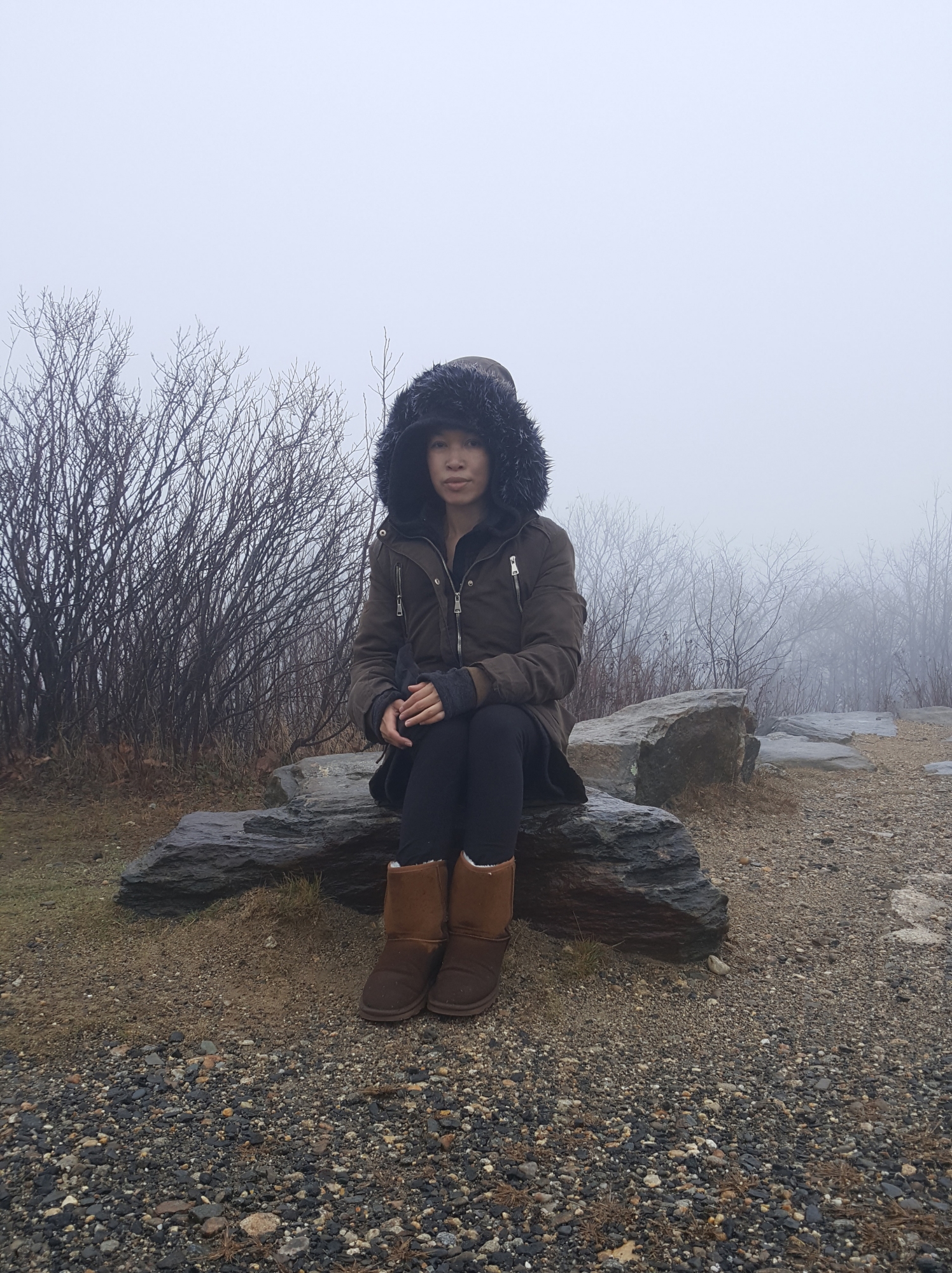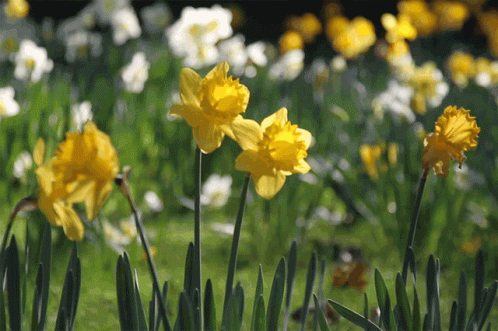The Story of Kukkutamitta
Verse 124: If there is no wound on the hand, one may handle poison; poison does not affect one who has no wound; there can be no evil for one who has no evil intention.
The Story of Kukkutamitta
While residing at the Veluvana monastery, the Buddha uttered Verse (124) of this book, with reference to the hunter Kukkutamitta and his family.
At Rajagaha there was once a rich man’s daughter who had attained Sotapatti Fruition as a young girl. One day, Kukkutamitta, a hunter, came into town in a cart to sell venison. Seeing Kukkutamitta the hunter, the rich young lady fell in love with him immediately; she followed him, married him and lived with him in a small village. As a result of that marriage, seven sons were born to them and in course of time, all the sons got married. One day, the Buddha surveyed the world early in the morning with his supernormal power and found that the hunter, his seven sons and their wives were due for attainment of Sotapatti Fruition. So, the Buddha went to the place where the hunter had set his trap in the forest. He put his footprint close to the trap and seated himself under the shade of a bush, not far from the trap.
When the hunter came, he saw no animal in the trap; he saw the footprint and surmised that someone must have come before him and let cut the animal. So, when he saw the Buddha under the shade of the bush, he took him for the man who had freed the animal from his trap and flew into a rage. He took out his bow and arrow to shoot at the Buddha, but as he drew his bow, he became immobilized and remained fixed in that position like a statue. His sons followed and found their father; they also saw the Buddha at some distance and thought he must be the enemy of their father. All of them took out their bows and arrows to shoot at the Buddha, but they also became immobilized and remained fixed in their respective postures. When the hunter and his sons failed to return, the hunter’s wife followed them into the forest, with her seven daughters-in-law. Seeing her husband and all her sons with their arrows aimed at the Buddha, she raised both her hands and shout: “Do not kill my father.” Continue reading


















